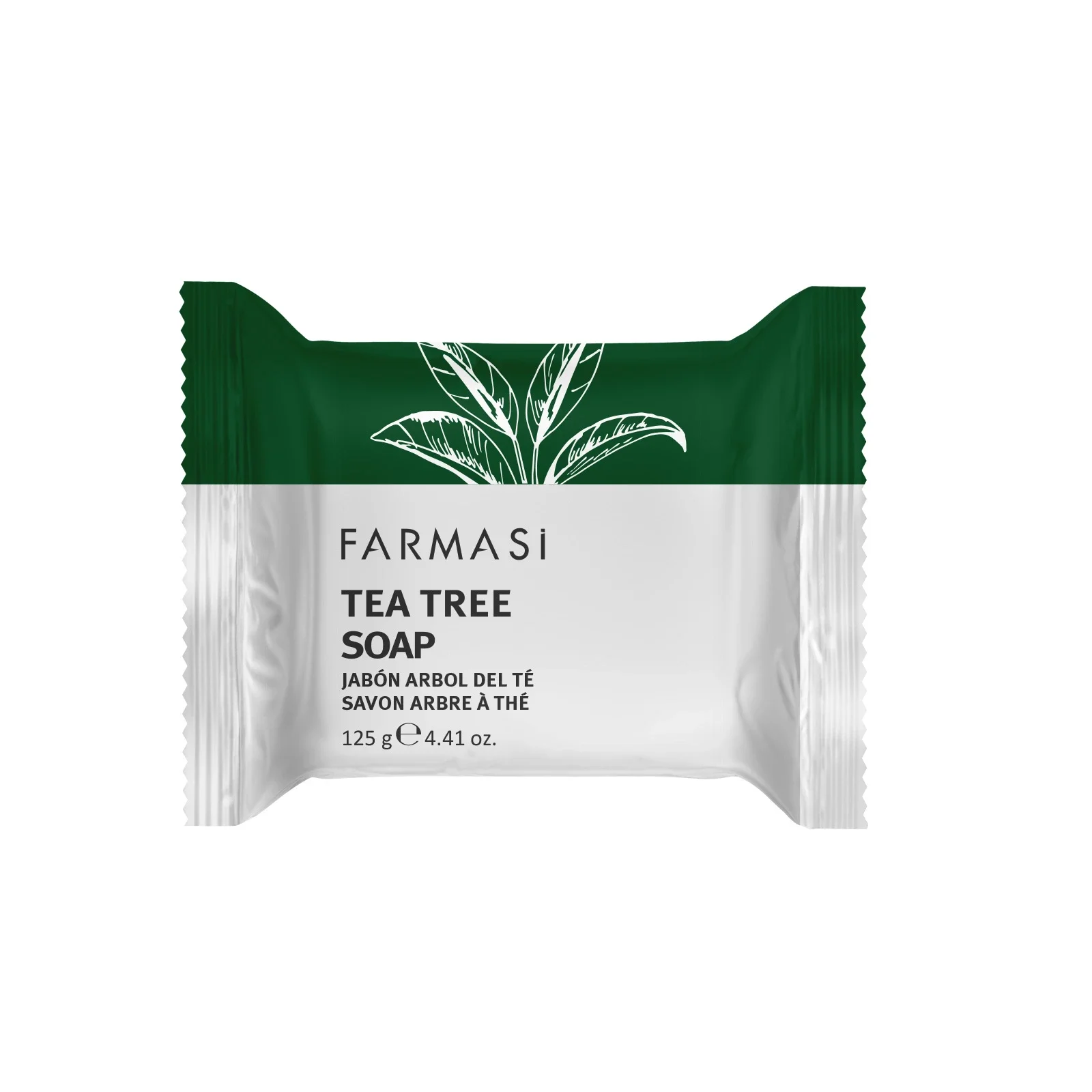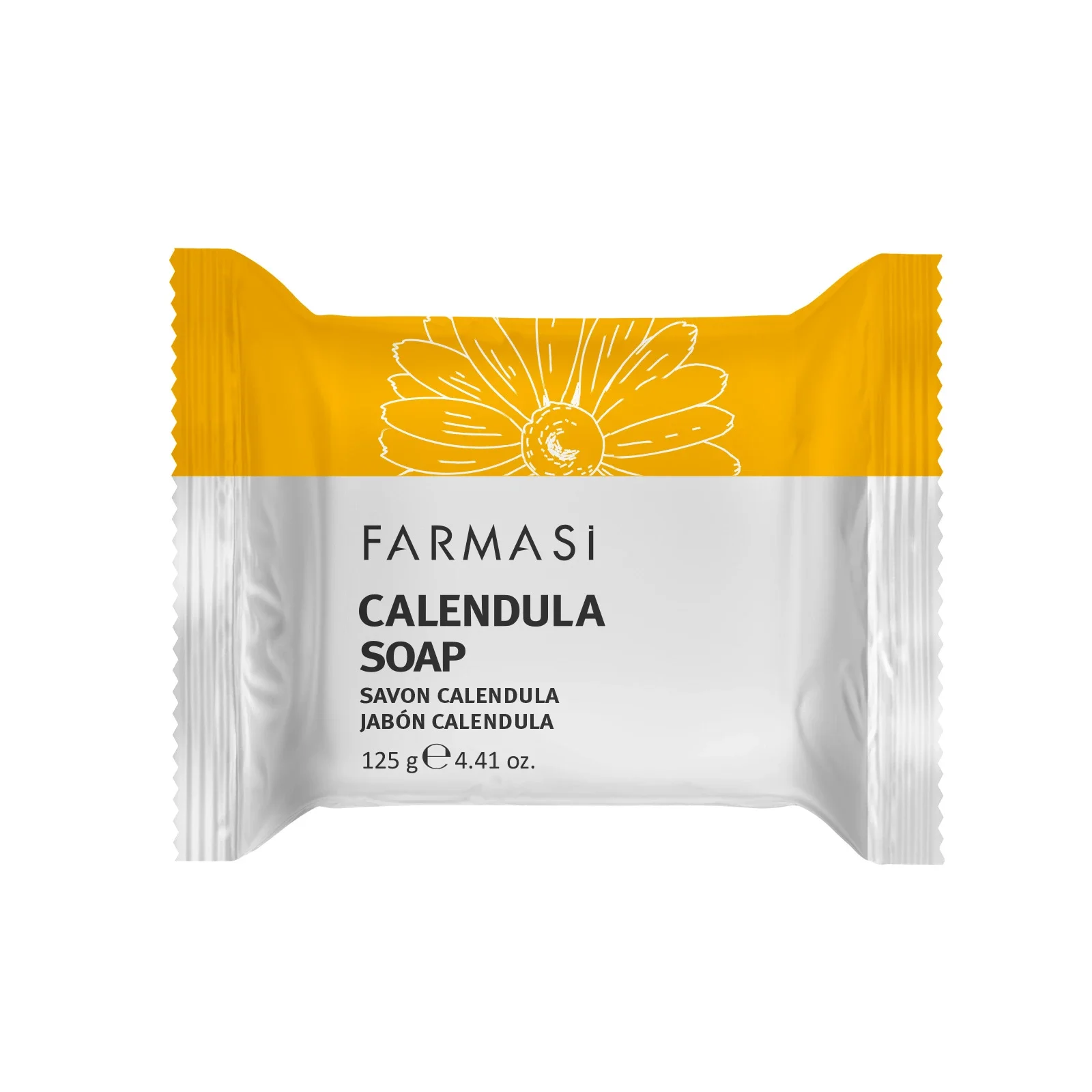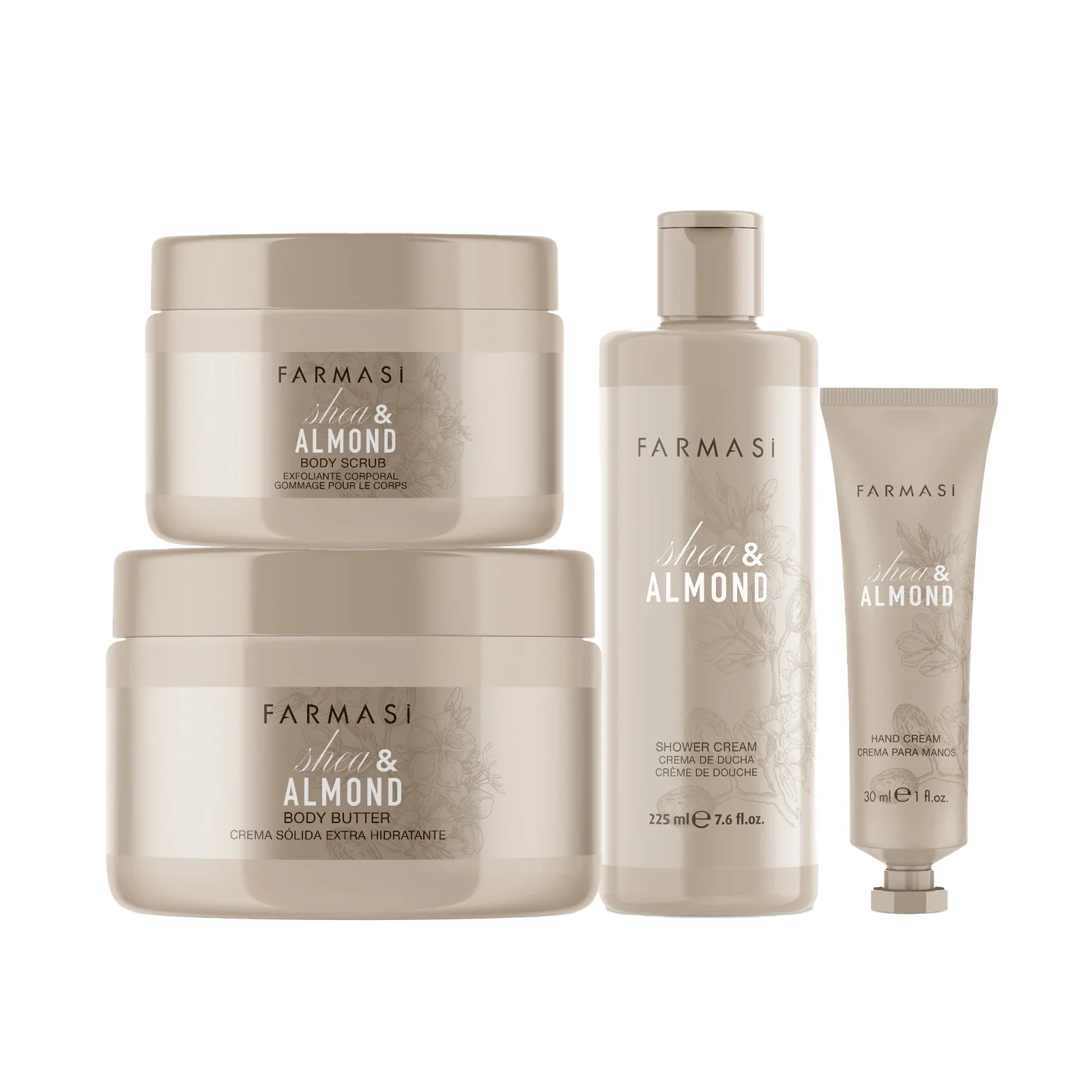Beauty Bar vs. Soap – Which Is Better and the Differences
This post contains affiliate links.
When it comes to cleansing, most of us grew up with a trusty bar of soap in a soap dish by the sink or tub. But over the years, the skincare industry has exploded with choices: beauty bars, shower gel, body washes, face wash, and even luxury handmade soap infused with exotic oils.
With so many popular options, you might wonder: is a beauty bar better than traditional bar soap? Should you stick with Dove Soap or try natural goat milk soap? And what’s the deal with synthetic surfactants, syndet bars, and commercial soap anyway?
This post takes a deep dive into the world of bar soap vs. beauty bars, so you’ll know which is the best option for your skin type, lifestyle, and long-term skin health.
What Is Bar Soap, Really?
Traditional bar soap has been around for thousands of years, and the recipe hasn’t changed much. It’s made by mixing fats or oils (like coconut oil, olive oil, or palm oil) with an alkali (like lye) in a process called saponification. The result: alkali salts of fatty acids, better known as soap.
Key characteristics of bar soap:
High pH (alkaline): Most true soap has a pH of 9–10, which can disrupt the skin’s barrier if used too often.
Simple ingredients: Traditional bars often contain just oils, lye, and water. Simple soap formulas are easy to understand.
Durability: A bar lasts a long time when kept in a dry soap dish.
Eco-friendly: Minimal packaging compared to bottled liquid soap or body washes.
Pros of bar soap:
Often cheaper than other cleansers.
Available in countless varieties, from natural soap and handmade soap to natural goat milk soap.
Can include moisturizing add-ins like shea butter or coconut oil.
Cons of bar soap:
The high alkalinity may strip the skin of natural oils, leaving it tight or itchy.
May not be the best option for people with sensitive skin, reactive skin, or certain skin conditions.
Some commercial soap brands add synthetic ingredients and strong detergents that can worsen dryness.
What Is a Beauty Bar?
If you’ve ever picked up a Dove Beauty Bar, you may have noticed the package says “Beauty Bar” and not “Soap.” That’s because most beauty bars are not true soap at all—they’re syndet bars (short for synthetic detergent bars).
That might sound a little “chemical-heavy,” but here’s the twist: syndet bars are generally milder than traditional soap.
Key characteristics of beauty bars:
Made with synthetic surfactants rather than alkali salts of fatty acids.
Designed to have a neutral pH, closer to your skin’s natural level (around 5.5).
Infused with skin-friendly extras like hyaluronic acid, skin-natural nutrients, or moisturizers.
Pros of beauty bars:
Gentle enough for sensitive skin and reactive skin.
Help preserve the skin barrier, preventing dry skin.
Great for daily use, leaving behind a smooth skin feel.
Widely recommended by board-certified dermatologists for conditions like eczema or rosacea.
Cons of beauty bars:
Some people prefer the squeaky-clean “skin feel” of true soap.
Contain synthetic ingredients and synthetic detergents, which some natural beauty enthusiasts avoid.
The Science: pH and Your Skin Barrier
Your skin has a natural acidic layer known as the acid mantle. This protective layer is part of your skin’s barrier and helps lock in moisture while keeping bacteria out.
True soap: With its alkaline pH, it can weaken the acid mantle and lead to irritation over time.
Beauty bars: Their neutral pH and synthetic surfactants are formulated to be less disruptive, making them the best option for those with delicate or sensitive skin.
Disrupting your skin’s barrier can cause:
Dryness and flaking.
Increased visibility of fine lines.
More susceptibility to skin conditions like eczema.
Ingredients Breakdown
Here’s a closer look at what goes into each type of bar:
Traditional Bar Soap
Base oils/fats: Often coconut oil, palm oil, or tallow.
Lye (sodium hydroxide): Creates the saponification process.
Optional moisturizers: Shea butter, coconut oil, or natural extracts.
Fragrance: Can be natural or synthetic.
Beauty Bars (Syndet Bars)
Synthetic surfactants: Like sodium cocoyl isethionate instead of lye.
Moisturizers: Hyaluronic acid, shea butter, skin-natural nutrients.
Neutralizers: To ensure a neutral pH.
Fragrance: Varies depending on brand (unscented available).
Dove Beauty Bar vs. Traditional Soap
The Dove Bar is the most famous beauty bar, and for good reason:
Advertised as ¼ moisturizing cream.
Often recommended by board-certified dermatologists for daily use.
A top pick for those with sensitive skin, dry skin, or reactive skin.
Compared to a typical commercial soap, Dove Soap is much less likely to strip your skin. That makes it a best option if you’re struggling with skin conditions or simply want smooth skin.
Shower Gel and Body Washes: The Middle Ground
Beyond bars, the market is full of shower gel and body washes. These liquid cleansers are essentially bottled versions of synthetic detergents, similar to beauty bars.
Why people love them:
Convenient to use with a loofah or washcloth.
Available in countless scents and textures.
Often marketed as “luxury” skincare.
Downsides:
Usually contain synthetic surfactants and sometimes lauryl sulfate, which may be drying.
More plastic packaging compared to a simple bar of soap.
Dermatologists’ Take
Many dermatologists agree: the cleanser you choose should support—not harm—your skin barrier.
For sensitive skin or reactive skin → A beauty bar or mild liquid soap is often the best option.
For normal to oily skin → A traditional bar soap enriched with shea butter or coconut oil can be a good option.
For skin conditions like eczema or rosacea → Use fragrance-free syndet bars like Dove Beauty Bar.
The U.S. Food and Drug Administration (FDA) doesn’t classify most soaps or syndet bars as drugs unless they claim to treat disease. So whether you choose Dove Soap or handmade soap, remember that cleansing is about skin feel, not medical treatment.
Lifestyle and Cultural Trends
Interestingly, soap vs. beauty bars has even become a cultural conversation. On TikTok – make, skincare creators show off their routines, comparing bar soap, Dove Bar, and face wash side by side. Meanwhile, beauty addicts and influencers are unboxing beauty advent calendars filled with mini cleansers.
Just like reviews of the best balance bikes, best trampolines, or best epilators, people now compare cleansers as lifestyle products—not just hygiene essentials.
Beauty Bar vs. Soap: Which Lasts Longer?
One advantage of a bar of soap is its longevity. Stored correctly in a soap dish, it can outlast bottles of body washes or shower gel. Beauty bars are similar, though because they’re softer, they may dissolve faster if left in standing water.
Tip: To make any bar last longer, keep it dry between uses.
Choosing Based on Skin Type
Dry skin: Go with a beauty bar like Dove Beauty Bar or Dove Soap, which locks in moisture.
Sensitive skin: Avoid commercial soap with synthetic surfactants or harsh lauryl sulfate. Opt for syndet bars with skin-natural nutrients.
Oily skin: A true soap may give you that squeaky-clean feeling you enjoy. Look for natural soap with coconut oilor shea butter for balance.
Normal skin: You have more flexibility—try both and see which skin feel you prefer.
The Role of Personal Preference
At the end of the day, choosing between bar soap, beauty bars, or shower gel often comes down to personal preference.
Do you like the nostalgic, no-fuss vibe of a bar of soap?
Do you want the dermatologist-approved, moisture-rich feel of a beauty bar?
Or do you love the luxury of body washes and shower gel?
There’s no wrong answer—it’s about what makes your skin feel healthy and what fits your lifestyle.
Final Verdict: Beauty Bar vs. Soap
Here’s the simple breakdown:
Traditional Bar Soap: Affordable, eco-friendly, and available in handmade soap or natural soap varieties. A good option for oily or non-reactive skin.
Beauty Bars: Like the Dove Bar, these are gentle, moisturizing, and the best option for sensitive skin, reactive skin, and anyone who wants smooth skin every day.
Shower Gel/Body Wash: Fun, indulgent, and versatile, but less eco-friendly and often pricier.
No matter which one you choose, your skincare should be about supporting your skin’s barrier, preventing dry skin, and giving you confidence every time you look in the mirror.


